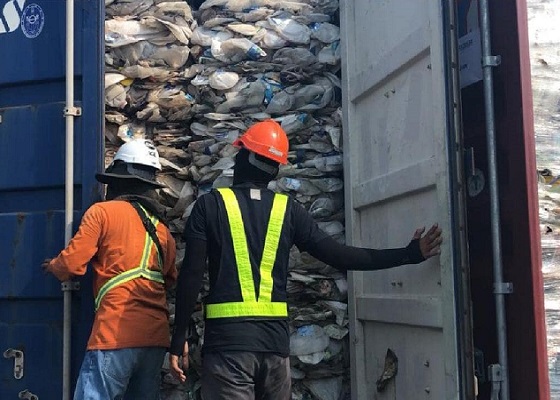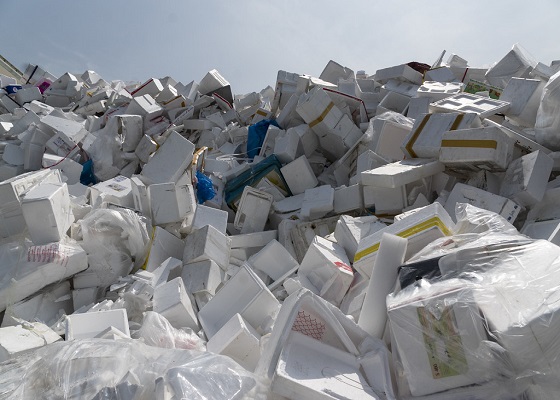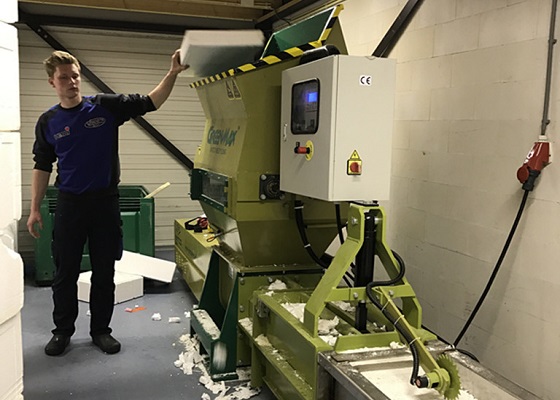The new waste export ban in Australia will put pressure on polystyrene recycling
Recently, Australia issued a waste export ban, announcing that the export of plastic, paper, glass and other waste products will be phased out from July next year. The ban has reduced the amount of plastic used by up to 99.2%, reduced logistics costs by 97% and halved procurement costs.

The Australian waste export ban has once again given a challenge to plastic disposal, especially for polystyrene material. Most companies either choose to stop using the material and look for new alternatives, or be forced to recycle the material for new products production.
As we know, polystyrene has great value in packaging and construction industries, and it is also a recyclable material, which means the waste polystyrene can be recycled for other uses. So, why not recycle it?

Under the new policy, companies must come up with profitable responses to survive in industry changes. So more and more enterprises, especially some end users start recycling polystyrene themselves now.
GREENMAX polystyrene compressor is most commonly used by end users as furniture stores and logistics companies. Due to the large amount of foam packaging that takes up storage space, recycling companies or waste management companies had to take it away on a regular basis before. Under the new policy pressure, many recyclers are now refuse to accept the material, making it necessary to deal with it themselves and cooperate with packaging manufacturers.

Terminal enterprises typically purchase polystyrene recycling equipment themselves, compress the polystyrene waste themselves, then sell the foam blocks to the packaging manufacturer for the production of new packaging material, and finally buy packaging materials from polystyrene packaging manufacturers. This becomes a cooperative and win-win business model.
The development of business should be based on the environment, recycling and reuse is always the way of sustainable development.
